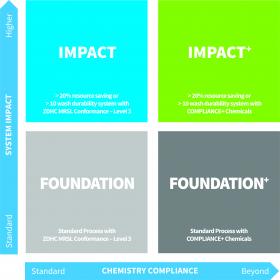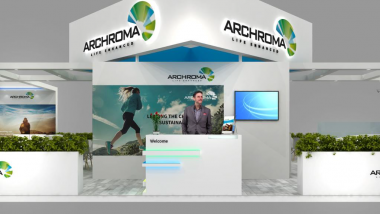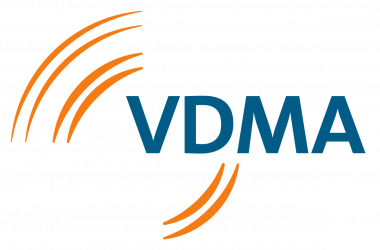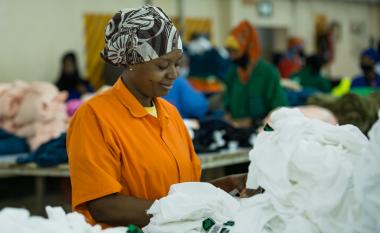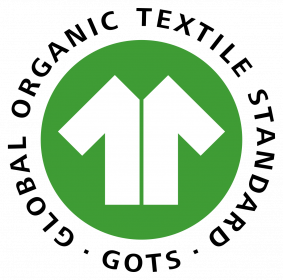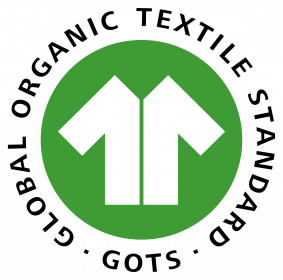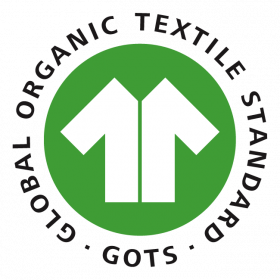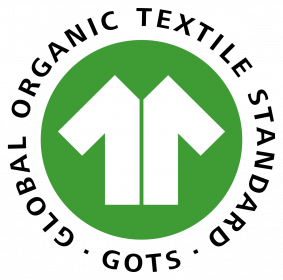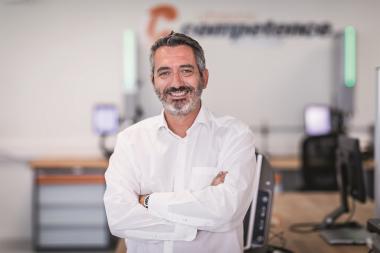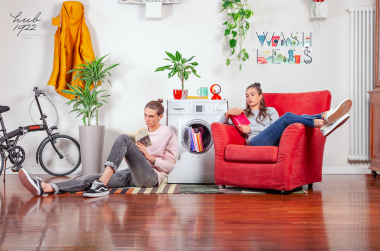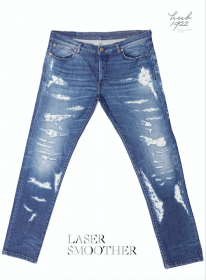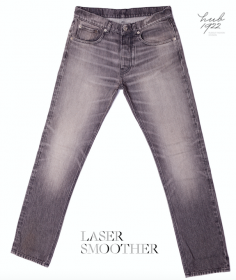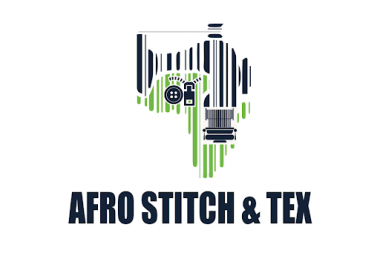Archroma launches Super Systems+
Archroma introduced Super Systems+. These end-to-end systems combine fiber-specific processing solutions and intelligent effects to help textile and apparel brands, retailers and mills positively impact their economic and environmental sustainability.
Archroma’s Super Systems+ suite encompass wet processing solutions that deliver measurable environmental impact; durable colors and functional effects that add value and longevity to the end product; and technologies that eliminate harmful or regulated substances. It will allow brands and mills to achieve their desired level of sustainability through measurable resource savings and cleaner chemistries.
Products and technologies that are be used in Super Systems+ solutions include: AVITERA® SE for resource savings, an improved cost-to-performance ratio for cotton and its blends and chlorine fastness; DIRESUL® EVOLUTION BLACK for shade and wash-down effects on black denim and an overall impact reduction of 57%*; aniline-free** DENISOL® PURE INDIGO 30 LIQ for authentic blue denim; ERIOPON® E3-SAVE all-in-one auxiliary for resource-intensive polyester dyeing that reduces processing time and conserves water and energy; and PHOBOTEX® NTR-50 LIQ for bio-based, PFAS-free, formaldehyde-free and crosslinker-free durable water repellence.
*As determined by Ecoterrae, a leading Spain-based sustainability consulting firm, through a Life Cycle Analysis (UNE-EN ISO 14044:2006) at the synthesis stage, using the ReCiPe 2016 Impact calculation methodology.
**Below limits of detection according to industry standard test methods.
Archroma


